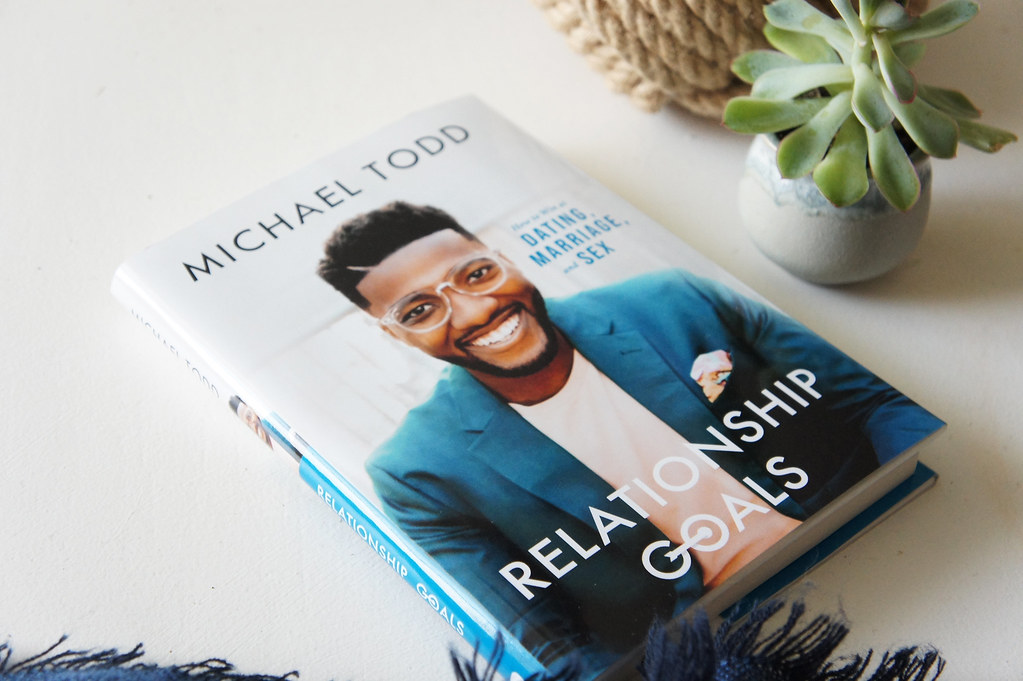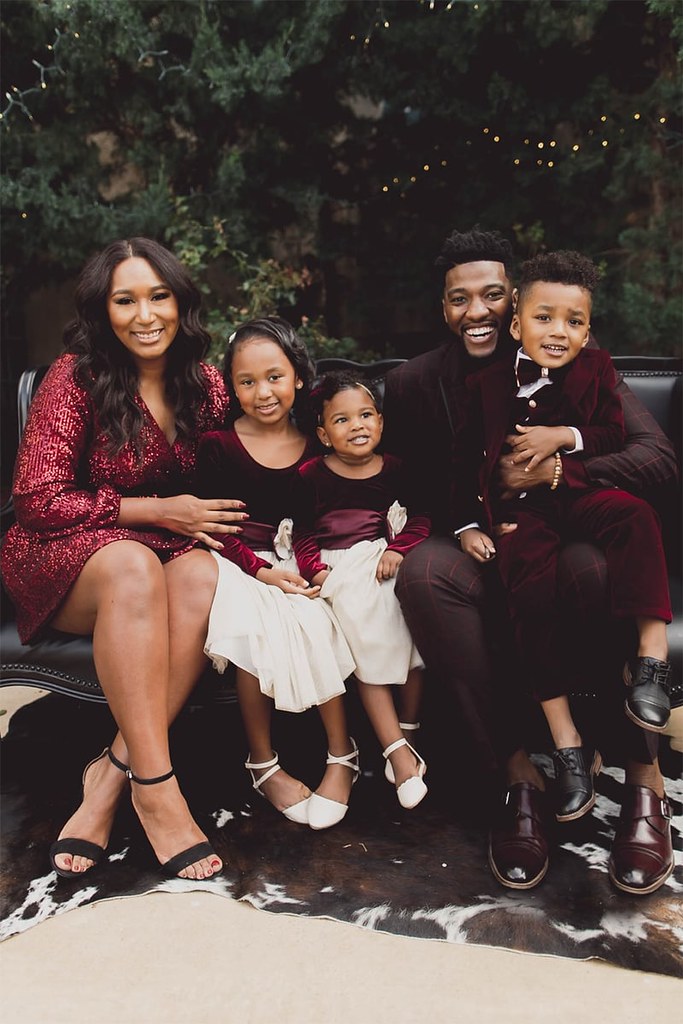Okay, circle up, family: You absolutely can’t miss this, for real. I’ve spent the week leaning right in to learn from our black brothers and sisters and this couple? I’m telling you: Relationship Goals. Michael Todd met his future wife at a mutual friend’s birthday party at a rec center when he was fifteen and she was fourteen. In the years since then, Michael and Natalie have forged a remarkable union—complete with fire, pressure, and beauty — and their sermon series, Relationship Goals — has been viewed by more than 6 million people! Michael brings us back to the truest truths of our relationships in today’s post. It’s a pleasure to welcome him to the front porch…
Conflict is gonna happen in marriage and other close relationships.
It can even be a good thing if it gets differences out in the open and prevents secret resentment.
But you don’t want to stay in conflict. You want to disagree in a way that strengthens your unity without leaving scars.
Let me give you two ways to do exactly that.
1. Cut out unspoken expectations.
When you don’t speak your expectation from the beginning, you are setting up yourself and your spouse to fail.










Maybe you feel like your husband or wife already knows what you want—but really, your spouse might not. Then, if you don’t voice what you want, it robs the person of the opportunity to actually meet your expectation or your need.
Just after Natalie and I got married, we were going out on a date. We didn’t have much money then, and we were driving a van without air conditioning. It was really hot that day, and we were talking about it. We decided we would go to QuikTrip to get gas.
We pulled into QuikTrip, and I jumped out to pump the gas. Natalie said, “I’m gonna go get something to drink.”
A couple minutes later, Natalie walked out of the QuikTrip with one cup and one doughnut. I couldn’t believe it. Although I never asked Natalie to buy me a drink, I’d been sure she would since we’d been talking about how hot it was. And here she was with no drink for me.
To make matters worse, her drink was sweet tea—a drink I don’t even like. So we couldn’t even share the one drink.
When Natalie got back in the car, I was fuming. I watched as she took long sips of her “selfish” tea.
It’s like I blacked out and the next thing I knew, she took a bite of her doughnut. I grabbed her doughnut and chunked it out the window, then put the van in gear and blew out of the parking lot.
You can imagine the argument. Date night was ruined. Actually, the next two days were ruined, because that’s how long it took us to get over being mad at each other.
What really went wrong here was an unspoken expectation. I had never said I wanted Natalie to buy me a drink and snack; I had assumed she would. Natalie didn’t know that because I didn’t say it. It was an unspoken expectation.
That’s a petty example. But with unspoken expectations, it can get big and serious quickly.
2. Pay attention to your word choice and tone.
Another tool to help resolve conflict is to keep your word choice beneficial and leave out the fluff. By this term fluff, I mean the secondary emotions. It’s the reaction to how you really feel.
You’re mad. You’re frustrated. Okay. But that isn’t the real problem or root. And if you speak out of your anger, it might make you feel better but it’s not going to resolve the issue.
This is hard to do. It’s easier to share your secondary emotions than to be vulnerable enough to say what really hurt or even admit that you were hurt at all.
The real problem is what caused you to feel hurt in the first place. You can get to the real problem only by being gentle and humble.
If I’m honest, I was hurt that Natalie didn’t get me a drink at QuikTrip because it felt like she didn’t care. But it came out in a secondary emotion—anger—and I immaturely heaved that doughnut like I was an NFL quarterback.
Don’t yell, “Where was you at on Friday? Don’t you know it’s date night?” That’s fluff.
Gently say, “Babe, when date night came on Friday, you forgot and you were hanging out with your friends. It hurt my feelings and made me feel like I wasn’t a priority.”
The first approach might make you feel better in the moment, but it will create defensiveness and kill your chance to resolve your differences.
The second approach sets you up for the results you want.
It’s all about tone and word choice.
Think before you speak.
There’s hope!
Natalie and I recently celebrated ten years of marriage. (Cue fireworks.) To you, that might not seem like much. But for us, that is a miracle.
It’s a miracle because our broken pieces put in God’s hand make a masterpiece.
It’s a relationship that is beautifully flawed, continually worked on, and sealed in sacrifice.
If you’re struggling with conflict in your marriage or other important relationship, remember this:
“God is working in you, giving you the desire and the power to do what pleases him” (Philippians 2:13).
I believe that you have the desire to score a win in relationship.
Trust that God is going to give you the power too.
He’s going to help you restore your relationship in a way that will honor Him at the same time it gives you more satisfaction and greater fulfillment.
Michael Todd is the lead pastor of Transformation Church in Tulsa, Oklahoma, alongside his wife, Natalie. They aspire to reach their community, city, and world with the gospel re-presented in a relevant and progressive way.
Pastor Michael’s first book, Relationship Goals: How to Win at Dating, Marriage, and Sex, is based on a sermon series of the same name with millions of YouTube views. It is a candid, inspiring guide to finding lasting love by putting God first and getting real about your relationship goals.
Michael tells his own story of heartache and healing, unpacks explosive truths from God’s Word, and tells it to you straight to help you win at relationships in every part of your life. As he candidly examines our most common pitfalls in relationships and the start-today ways to get past them, Michael helps you align your longings with God’s awesome desires for your life. Now, that’s a good relationship goal.
[ Our humble thanks to Waterbrook for their partnership in today’s devotion ]








